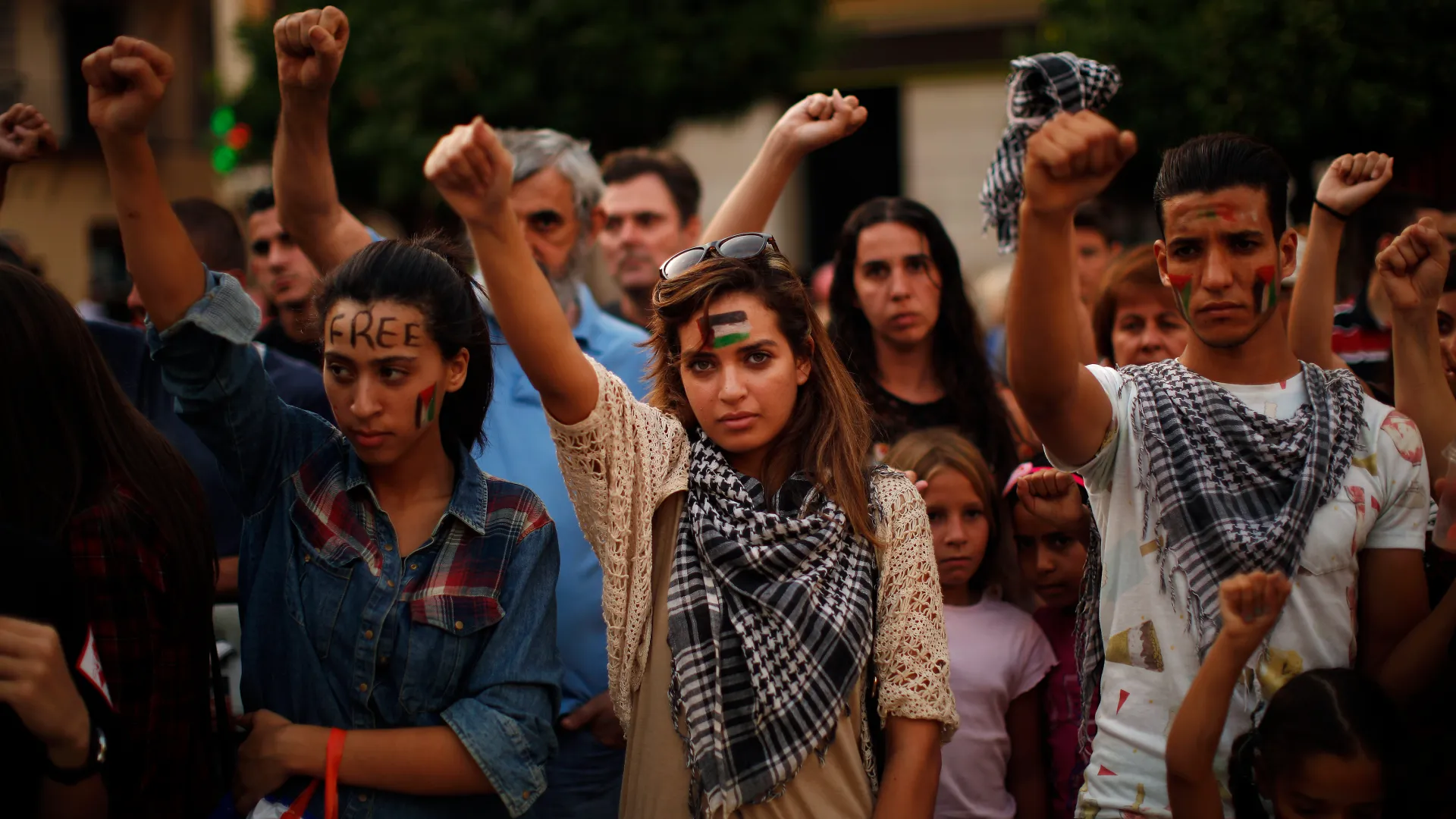Spain, with its rich history, has long been a supporter of Palestine in the ongoing Israel-Palestine conflict. This support, deeply rooted in historical and geopolitical factors, has recently drawn attention as Madrid leads Western countries in criticizing Israel’s actions in the Gaza Strip. This article explores the historical context, Spain’s current political landscape, and the implications of its steadfast support for Palestine.
Historical Roots of Solidarity:
Spain’s solidarity with Palestine has historical roots dating back to the Spanish Civil War and the Franco era. Guernica, a town bombed by the Nazi Condor Legion during the Spanish Civil War, became a symbol of war horrors, inspiring Picasso’s masterpiece. Guernica’s residents, remembering their own struggles, now stand in solidarity with Palestinians, forming a human mosaic in the colors of the Palestinian flag.
Spain’s diplomatic relations with Israel only began in 1986, 11 years after Franco’s death, and the country has historically maintained strong ties with Arab states. During Franco’s rule, Spain was aligned with Arab countries, and diplomatic relations with Israel were only established after Spain transitioned to democracy.
Political Landscape and Recent Developments:
Spain’s current political landscape, led by Prime Minister Pedro Sanchez’s left-wing coalition government, includes parties like Podemos, known for their outspoken support for the Palestinian cause. Prime Minister Sanchez, condemning Israel’s actions in Gaza, has faced diplomatic repercussions, including Israel reprimanding the Spanish ambassador and withdrawing its diplomat from Madrid.
The recent tensions between Spain and Israel highlight Spain’s increasing criticism of Israel’s military actions. Prime Minister Sanchez’s statements, expressing doubts about Israel’s compliance with international humanitarian law, have positioned Spain as one of the few Western countries openly challenging Israel’s approach.
Geopolitical Factors:
Some analysts argue that Spain’s solidarity with Palestine may be influenced by its own historical experiences and demographic composition. Spain, with a small Jewish community, expelled Jews in 1492, and it has only recently granted citizenship to Sephardic Jews as part of an apology in 2015. During Franco’s rule, Spain cultivated ties with Arab nations.
Spain’s vocal support for Palestine aligns with its internal dynamics, where left-leaning parties demonstrate stronger sympathy for the Palestinian cause. The current Spanish government’s composition, with parties sympathetic to Palestine, contributes to its unilateral stance on recognizing Palestinian statehood.
Spain’s historical support for Palestine, rooted in its past and shaped by its political landscape, has become a focal point amid the recent Israel-Palestine conflict. As Spain’s leaders condemn Israel’s actions, tensions with Israel reveal a nuanced geopolitical stance. The country’s commitment to the Palestinian cause reflects not only its historical experiences but also its evolving role on the international stage.















